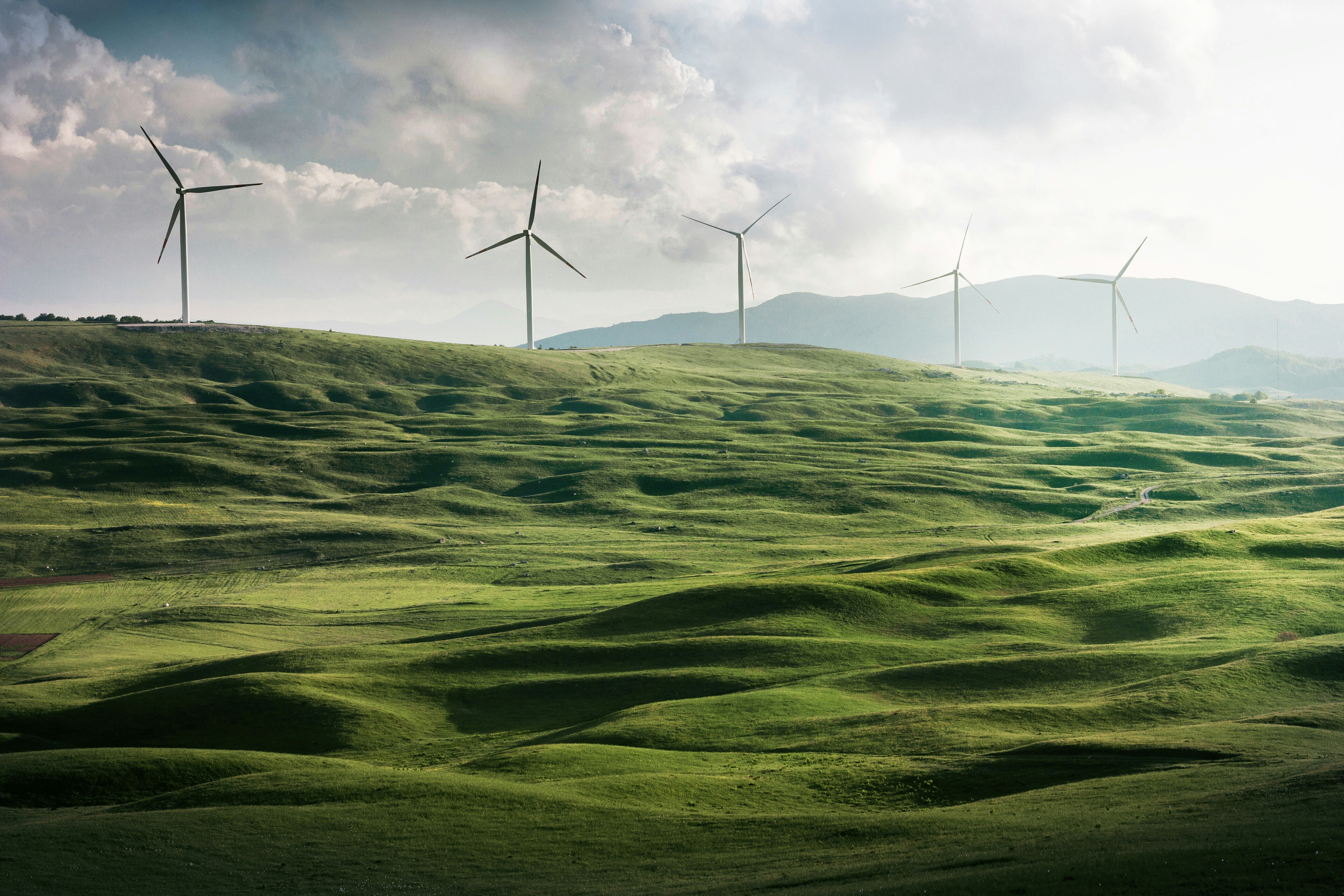These are the most powerful brands in the world

Mapped ... eight of the top 10 brands on Brand Finance’s 2017 list are from the United States
Image: REUTERS/Lucy Nicholson
Stay up to date:
Retail, Consumer Goods and Lifestyle
For the last five years, Apple held on to the title of the world’s most valuable brand. Then this year, the iPhone maker lost the top spot to Google, according to consultancy Brand Finance’s Global 500 rankings.
As Apple’s brand value tumbled 27% to $107.1 billion in 2016, Google’s increased to $109.5 billion. Amazon, with 53% brand value growth, was close behind at $106.4 billion.

Eight of the top 10 brands on Brand Finance’s 2017 list are American, reflecting the global dominance of US brands.
So where does this leave the rest of the world?
Visualizing brands as countries
Using Brand Finance’s ranking, cost information website HowMuch.net has taken the most valuable brands in selected countries and turned them into a map. Each country is sized to reflect the global value of its biggest brand.
After Google, the next most valuable national brand is South Korea’s Samsung, which is in sixth place on the Global 500 list at $66.2 billion. Then it’s Chinese bank ICBC, ranked 10th, with a brand value of $47.8 billion.

Car-makers Toyota (Japan) and BMW (Germany) are next, with brand values of $46.3 billion and $37.1 billion, respectively. Shell, the multinational oil and gas company based in the Netherlands, also features prominently, at $36.8 billion.
The top brands of most countries, however, are worth less than $25 billion. Across Latin America, the most valuable brand is Mexican energy company Pemex, at $8.5 billion. In Asia, it’s India’s Tata conglomerate, at $12.9 billion. No African brands appear on the map.
The world’s most powerful brands
Lego may have a relatively modest $7.6 billion brand value, but when it comes to sheer power Denmark’s biggest brand punches well above its weight.
Brand Finance’s Brand Strength Index (BSI) awards brands a mark out of 100. Lego gets high scores across a range of metrics such as familiarity, loyalty, promotion, marketing investment, staff satisfaction and corporate reputation.

The colour-coding on the map indicates brand strength, with Lego and Google (the most powerful brands) in dark blue. Many well-known brands including Samsung, BMW, Shell, Ikea and Nestle are on the next rung down, in light blue.
With marks ranging between 70 and 80, market-leading brands including Santander, Tata and Vodafone, are in pink. Only two top national brands, Taiwan Semiconductor and Thailand’s PTT, coloured red, have scores of less than 70.
Don't miss any update on this topic
Create a free account and access your personalized content collection with our latest publications and analyses.
License and Republishing
World Economic Forum articles may be republished in accordance with the Creative Commons Attribution-NonCommercial-NoDerivatives 4.0 International Public License, and in accordance with our Terms of Use.
The views expressed in this article are those of the author alone and not the World Economic Forum.
Related topics:
Forum Stories newsletter
Bringing you weekly curated insights and analysis on the global issues that matter.
More on Economic GrowthSee all
Aaron Schumm
March 31, 2025
Alexis Crow
March 28, 2025
Katerina Labrousse and Rhea Hamilton
March 25, 2025
Kate Whiting
March 25, 2025
Julia Hakspiel and Laura V Natera
March 24, 2025
John Letzing
March 18, 2025





